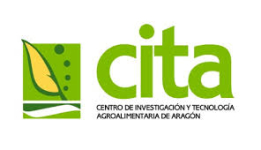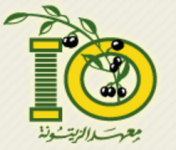ABOUT US




Fruit and nut orchards are among the most biodiverse agricultural systems in the Mediterranean region. They feature a wide range of tree species, each with a plethora of cultivars, and provide a broad palette of ecosystem services. The fruits and nuts they produce are distinct ingredients of regional cuisine and culture. After millennia of sustainable existence, climate change now threatens to upset the age-old match between the climatic needs of traditional tree crops and the local climate. Winter warming has already perturbed tree phenology, in some cases leading to complete failure to bloom and bear fruit. To meet this challenge, orchard managers need adaptation aids that enable them to select portfolios of tree cultivars that are resilient to future climates, allowing them to remain successful in a warming world. AdaMedOr will harness recent advances in phenology modelling and a wealth of phenology data to produce the first reliable framework for predicting climate change impacts on tree crops of the Mediterranean. It will characterize temperature responses of a range of tree cultivars, allowing assessments of climate-related risks to the present agrobiodiversity of Mediterranean orchards, including mismatches between pollen-donor and pollen-recipient cultivars. Spatially explicit risk analysis will be facilitated by cultivar distribution mapping and by an integrated framework to forecast cultivar-specific production risks for future climate scenarios. This information will form the basis for the participatory design of resilient cultivar portfolios, undertaken jointly by researchers, nursery managers and growers. Tools and methodologies developed by AdaMedOr will be made publically available as web interfaces and open-source analysis packages. AdaMedOr aims to lay the groundwork for further knowledge advances on tree phenology and to directly facilitate science-informed adaptation actions in Mediterranean orchards.




















